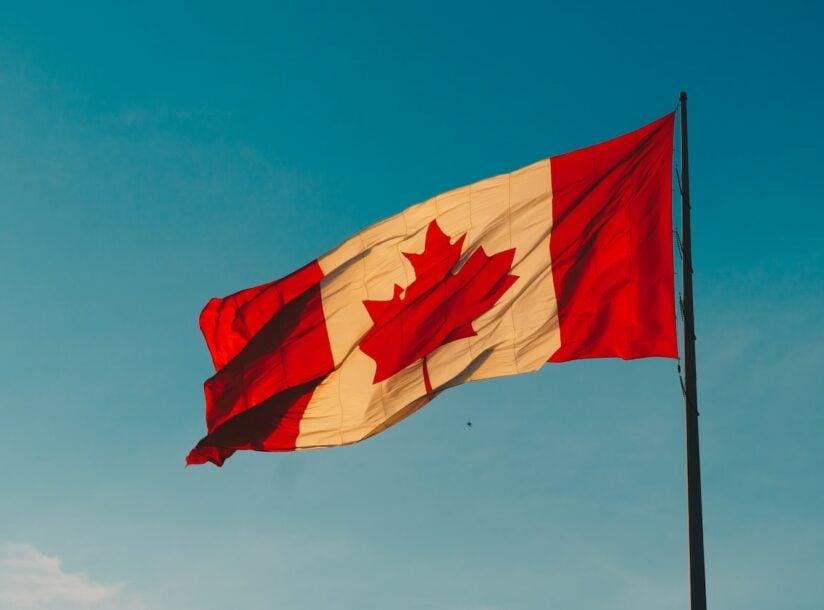What Happens to Your Debt When You Die?

Debt is a common part of life for many Canadians, but what happens to that debt when you pass away? This can be a complicated issue, especially if you have multiple creditors and assets. Let’s take a closer look at what happens to your debt when you die in British Columbia and what steps you can take to minimize the impact on your loved ones.
What happens to debt when someone dies in BC?
If a Canadian citizen passes away with debt, it’s natural for their loved ones to worry about whether they’ll be responsible for paying off those debts. However, it’s important to note that beneficiaries of the person who has passed are not legally obligated to pay off their debts. This means that the debts of parents, partners, or children cannot be inherited by family members and the will not be held responsible for paying them off, including any taxes owed.
How are debts paid off in Canada after a person’s death?
First, it’s important to understand that when you die, your debts do not simply disappear. Your estate, which includes your assets and liabilities, is responsible for paying off your debts. If your estate does not have enough assets to cover your debts, then the remaining debt may be forgiven.
Here are some general guidelines as to what happens to your debt when you die in BC:
1. Secured Debts
Secured debts are those that are secured by an asset, such as a mortgage or car loan. If you die and have secured debts, the lender can seize the asset to recover the debt. If the sale of the asset does not cover the debt, the lender can pursue the estate for the remaining balance.
2. Unsecured Debts
Unsecured debts are those that are not secured by an asset, such as credit card debt or personal loans. If you die and have unsecured debts, the debts will be paid out of your estate, if there are sufficient funds. If there are not enough funds to pay all of your debts, the debts will be prioritized in the following order:
- Funeral expenses
- Taxes owed to the Government
- Secured debts
- Unsecured debts
3. Joint Debts
If you have joint debts with someone else, such as a joint credit card or mortgage, the other person will be responsible for the debt if you die. If the debt cannot be paid off by the joint account holder, the debt may become the responsibility of your estate.
4. Co-signed Debts
If someone has co-signed a debt for you, such as a student loan or car loan, they may become responsible for the debt if you die. This will depend on the terms of the loan agreement.
5. Life Insurance
If you have life insurance, the proceeds from the policy will be paid to the named beneficiary and will not form part of your estate. However, if you name your estate as the beneficiary of your life insurance policy, the proceeds will be used to pay off your debts.
What can you do to minimize the impact of your debt on your loved ones?
The key to minimizing the impact of your debt on your loved ones is to be proactive in managing your finances, communicate openly with your loved ones, and seek help when needed. If you have debt and you’re concerned about the impact it may have on your loved ones, there are several steps you can take to minimize that impact:
1. Prioritize Debt Repayment
Make a plan to pay off your debt as quickly as possible. This may involve cutting back on expenses, increasing your income, or both. By reducing your debt, you’ll be less likely to burden your loved ones with your financial problems.
2. Be Honest With Your Loved Ones
If you’re struggling with debt, it’s important to be open and honest with your loved ones. They may be able to offer emotional support, advice, or even financial help if needed. Keeping them in the dark can lead to misunderstandings and strain your relationships.
3. Talk to a Licensed Insolvency Trustee
If you’re having difficulty managing your debt, consider seeking the help of a Licensed Insolvency Trustee. Licensed debt professionals can provide you with guidance and support to help you get back on track by filing a consumer proposal or bankruptcy in BC.
4. Make a Will
One of the best things you can do to minimize the impact of your debt on your loved ones is to make a will. In your will, you can specify how your assets should be distributed and who should be responsible for paying off your debts.
5. Purchase Life Insurance
If you have outstanding debts, consider purchasing life insurance. The death benefit from the life insurance policy can be used to pay off your debts, so your loved ones don’t have to.
6. Consider a Trust
A trust is another way to ensure that your assets are distributed according to your wishes and that your debts are paid off. In a trust, you can specify how your assets should be distributed and who should be responsible for paying off your debts.
How to avoid inheriting debt from a loved one
In most situations, you will not be responsible for a loved one’s debt when they die, but there are a few cases in which you might be liable. To prevent this from happening, here are a few ways to help you avoid inheriting debt:
1. Be Cautious of Joint Accounts
Joint accounts, such as joint bank accounts or joint credit cards, can be useful for managing expenses with another person. However, it’s important to understand that joint accounts may transfer to the surviving account holder in the event of one person’s death.
2. Consider a Disclaimer of Inheritance
In British Columbia, it’s possible to disclaim an inheritance, which means you are voluntarily giving up your right to the inheritance. If you are concerned about inheriting debt from an estate, you may consider disclaiming the inheritance. However, it’s important to note that once you disclaim the inheritance, you cannot change your mind.
3. Take Out a Life Insurance Policy
Consider taking out a life insurance policy that would cover any debt that you might incur in the future. Some life insurance policies are even made specifically for this reason.
If you’re struggling with debt left behind by a loved one, it can be difficult to navigate the financial landscape alone. Our team of licensed insolvency trustees is available to provide a free consultation to review your financial situation and discuss the options available to you, including filing a consumer proposal or declaring bankruptcy in BC. We’ll help you determine your responsibility for the debt and guide you towards the best solution for your unique circumstances. Book your free consultation today.


